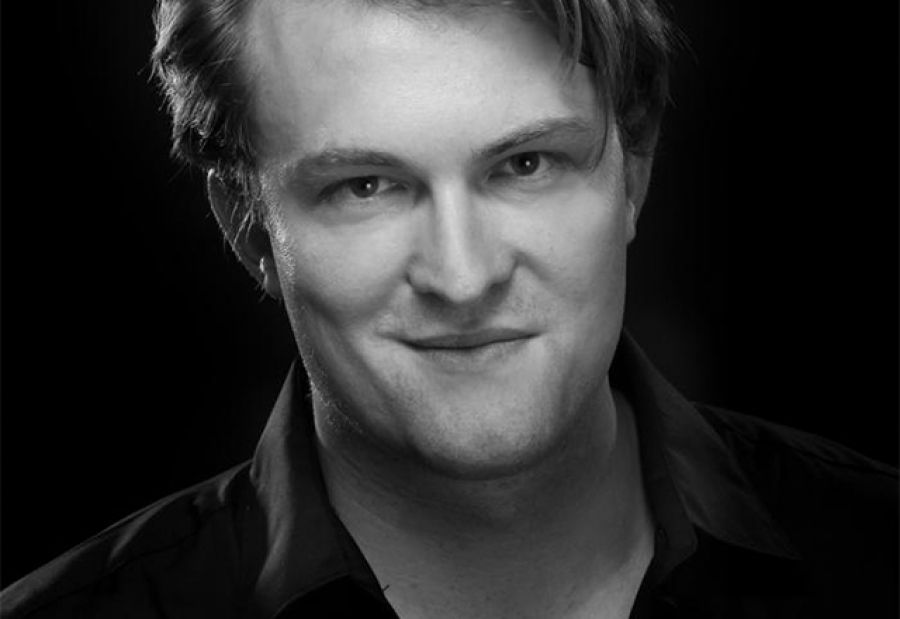Feeble times
Dear Editor,
Alan Atkinson's study of national conscience and how it has functioned in Australia is timely ('How Do We Live With Ourselves?' September 2016). Returning to the eighteenth century, he argues that such a thing as a national conscience might exist but that it is 'especially feeble' at present. Naturally, this feebleness is seen and expressed in Australia's policies on offshore detention.
Australia's policies on offshore detention didn't exist until recently. For most of the twentieth century, Australia maintained bipartisan policies on migration. Aside from the postwar migration of displaced persons, the acme of national policy was the resettlement of Vietnamese refugees from a united Vietnam from 1975 onwards. We can regain that bipartisanship, I believe. All that is needed is a refusal to use the issue for political advantage.
While Atkinson goes into considerable detail in his account, he doesn't mention the way this bipartisanship was lost. John Howard and Tony Abbott are the people who are culpable here. National conscience has been readily vulnerable to desperate political unscrupulousness.
Kym Houghton, Carisbrook, Vic.
Pragmatic arguments
Dear Editor,
I understand Alan Atkinson's intent in claiming that 'foreign aid is an index of a nation's moral self-confidence', but this overlooks the very real pragmatic arguments in favour of international development assistance which, unfortunately perhaps, are likely to have more purchase in the current political environment than are claims for moral conscience. As many of us have argued, foreign aid is an extremely important pragmatic step towards increasing Australian and global security. I develop this argument in a recent article: 'A more humane Australian foreign policy'.
And while I agree that our current treatment of asylum seekers is a graphic indictment of Australian morality, the damage done to Australia's international reputation by our regimes of brutality on Manus and Nauru is more likely to have some impact on our major parties than positioning this as a moral challenge. After all, our current prime minister seems to reserve moral challenges for economic management, while denying any responsibility for the regime of terror conducted in Australia's name in offshore detention centres.
Dennis Altman, Clifton Hill, Vic.
Trumped
Dear Editor,
I was shocked and disgusted to read Beejay Silcox's description of Donald Trump's followers as 'rednecks, idiots and xenophobic lunatics' ('Letter from America' September 2016). When President Trump restores America to prosperity and its past greatness, I hope she sends him an apology.
Sandy Thorne (online comment)
Long live magazines!
Dear Editor,
Many thanks for your mention of the current issue of Westerly Magazine (61.1) in 'Advances' (September 2016). The time I spent with you and your team in Melbourne was of enormous benefit to me. The state of arts funding nationally makes this collegiality between magazines all the more valuable. In working with you, and in improving Westerly's networks with other east-coast publications, I have had the chance to represent Westerly to new audiences, creating exposure for the Western Australian voices within, and illustrating Westerly's interest in writers from across the nation. The opportunity to learn from your processes and production will support my efforts as editor of Westerly, particularly in the development of initiatives like issue 61.1 and its celebration of Indigenous writing and culture.
We have been excited to follow the release of the issue with another announcement: the commencement of Dr Elfie Shiosaki (Curtin University) as Westerly's first Editor for Indigenous Writing. Dr Shiosaki will be working to commission and edit Indigenous work for publication in every issue of Westerly forthcoming, starting with our November issue this year (61.2). This is part of our desire to make a space for Indigenous voices within Westerly's general remit, and to celebrate the continuous living cultures of Australia's First Nation peoples.
Thanks again for your kind support, and long live Australian literary magazines!
Catherine Noske, Editor, Westerly
A piece of the main
Dear Editor,
In reviewing Sylvia Martin's Ink in her Veins, a life of Aileen Palmer, Dr Susan Lever questions whether it is an appropriate subject for a biography (June–July 2016). I suggest that it is.
As an expatriate, Palmer worked as translator with the British Medical Unit during the Spanish Civil war, meeting a number of writers and recording graphic experiences in her letters. When she returned home to Melbourne, her life was plagued by a series of breakdowns. Martin depicts Palmer's experience in detail, showing how she and her parents (Vance and Nettie Palmer) and friends (including Flora Eldershaw, David Martin, K.S. Prichard, Stephen Murray-Smith) tried to cope.
Palmer, who had ambitions as a writer, continued to produce mostly unpublished fragments. It is true, as Lever points out, that Martin has not retrieved 'a significant writer or public figure', but this was not intended. Palmer's unpublished writings show her potential. She had the poetic spark, writing in the tradition of social protest verse. Her writing shows her continued struggle to resist the isolation associated with her condition by making her life 'a piece of the main'.
One of Martin's biography's attractions is the literary tact with which she engages readers' empathy without special pleading. Importantly, Martin wears her scholarship lightly: the immense labour of sifting through the Aileen Palmer papers, now part of the great Palmer archive.
Laurie Hergenhan, St Lucia, Qld
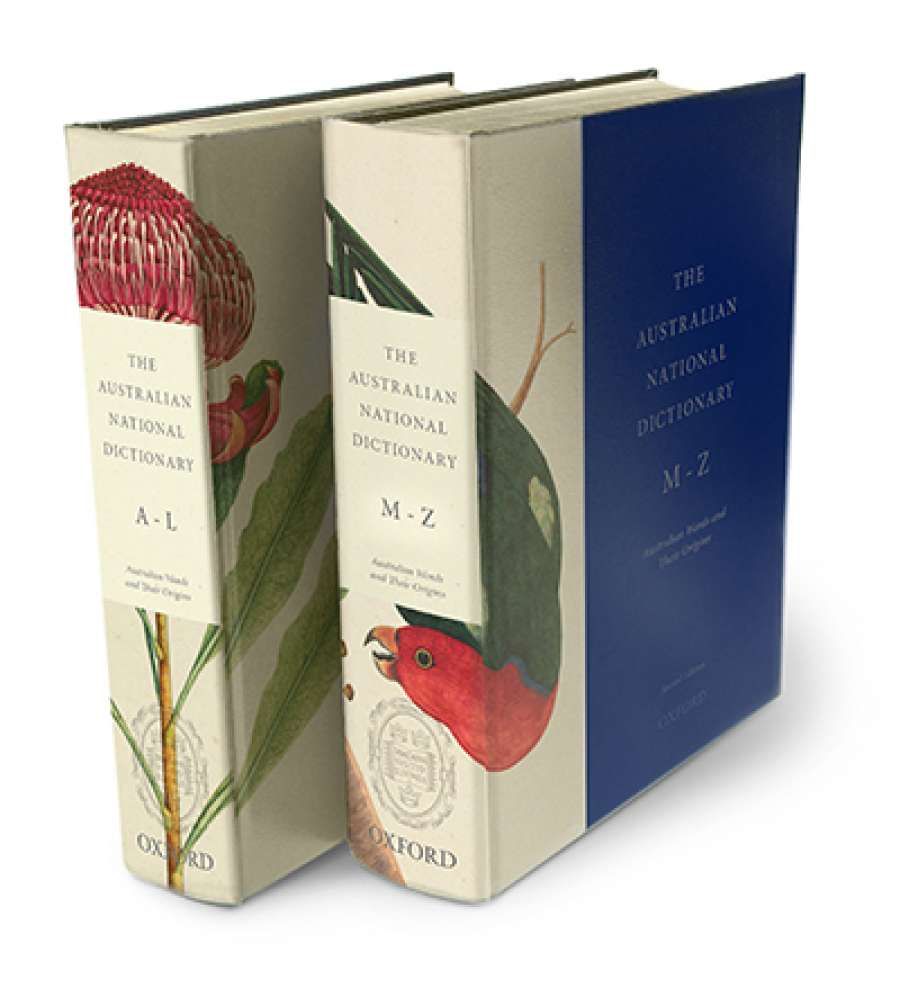


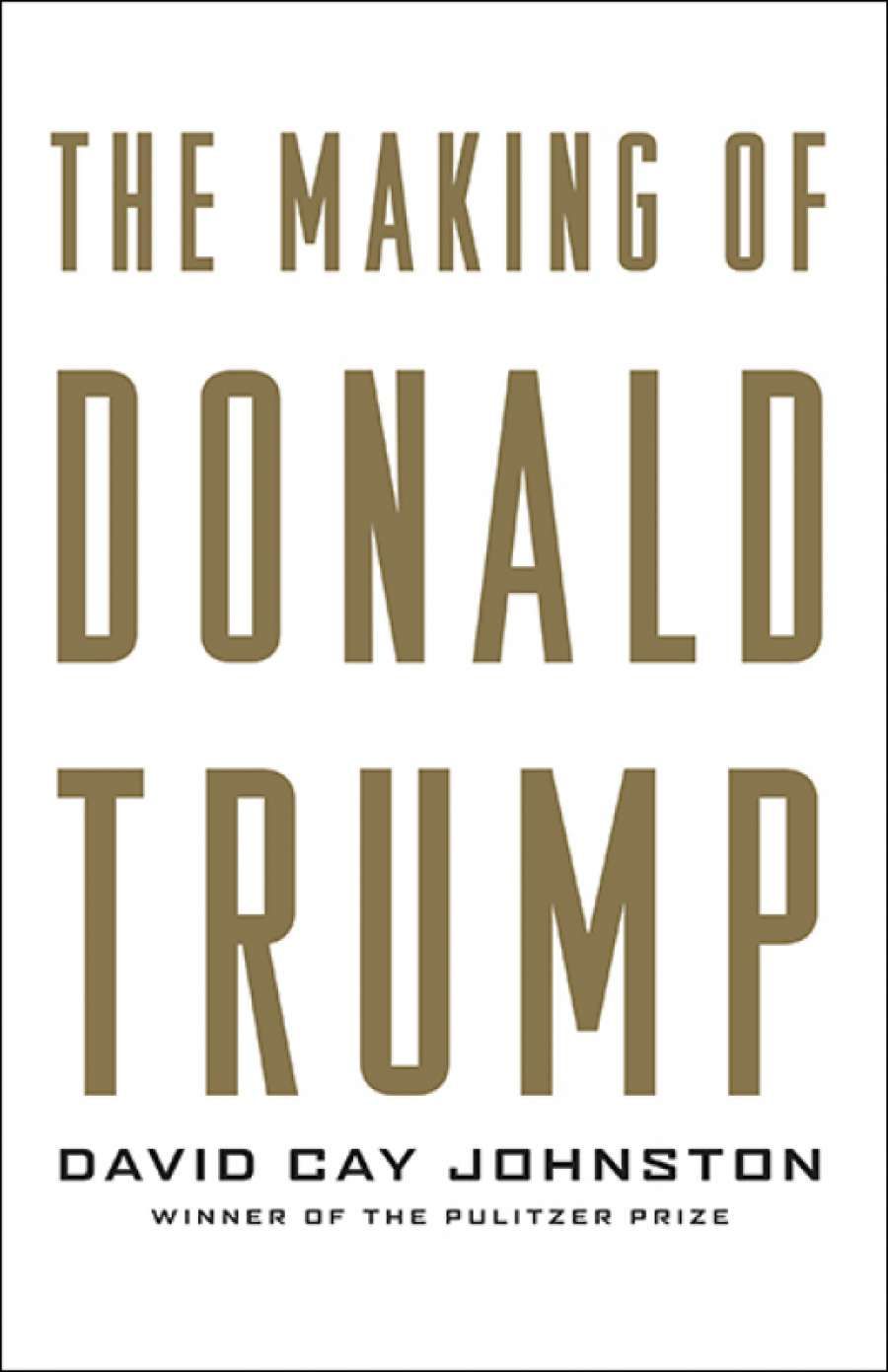
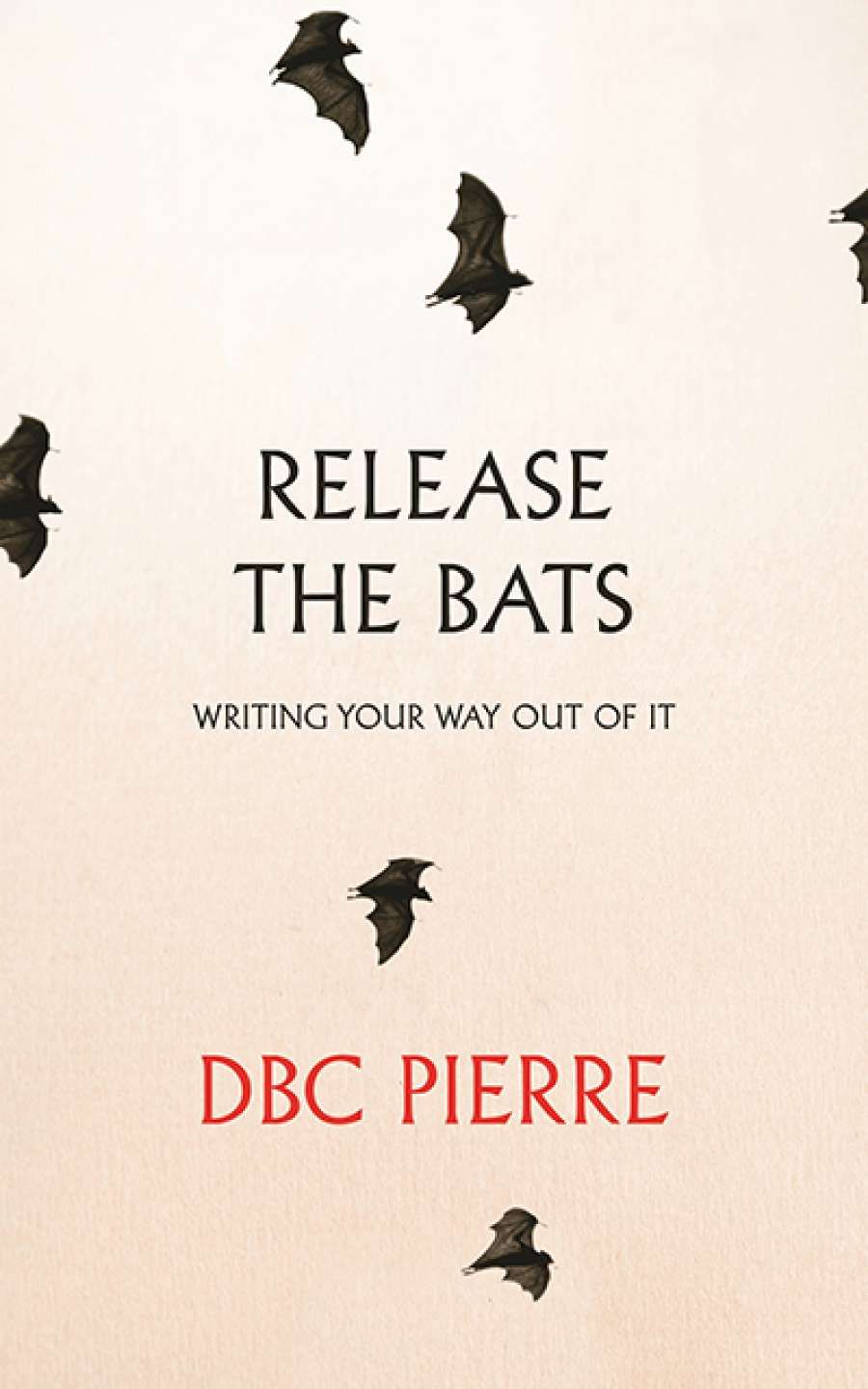
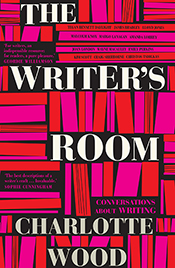
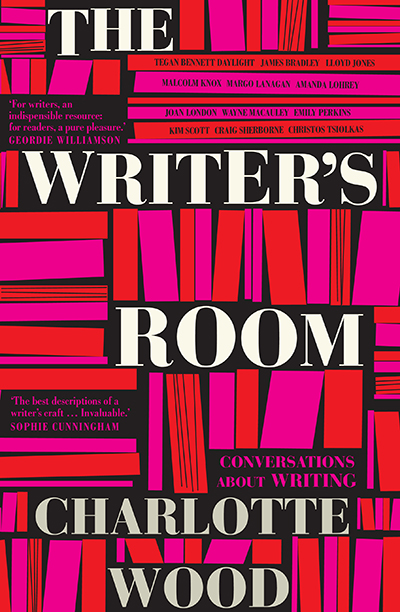
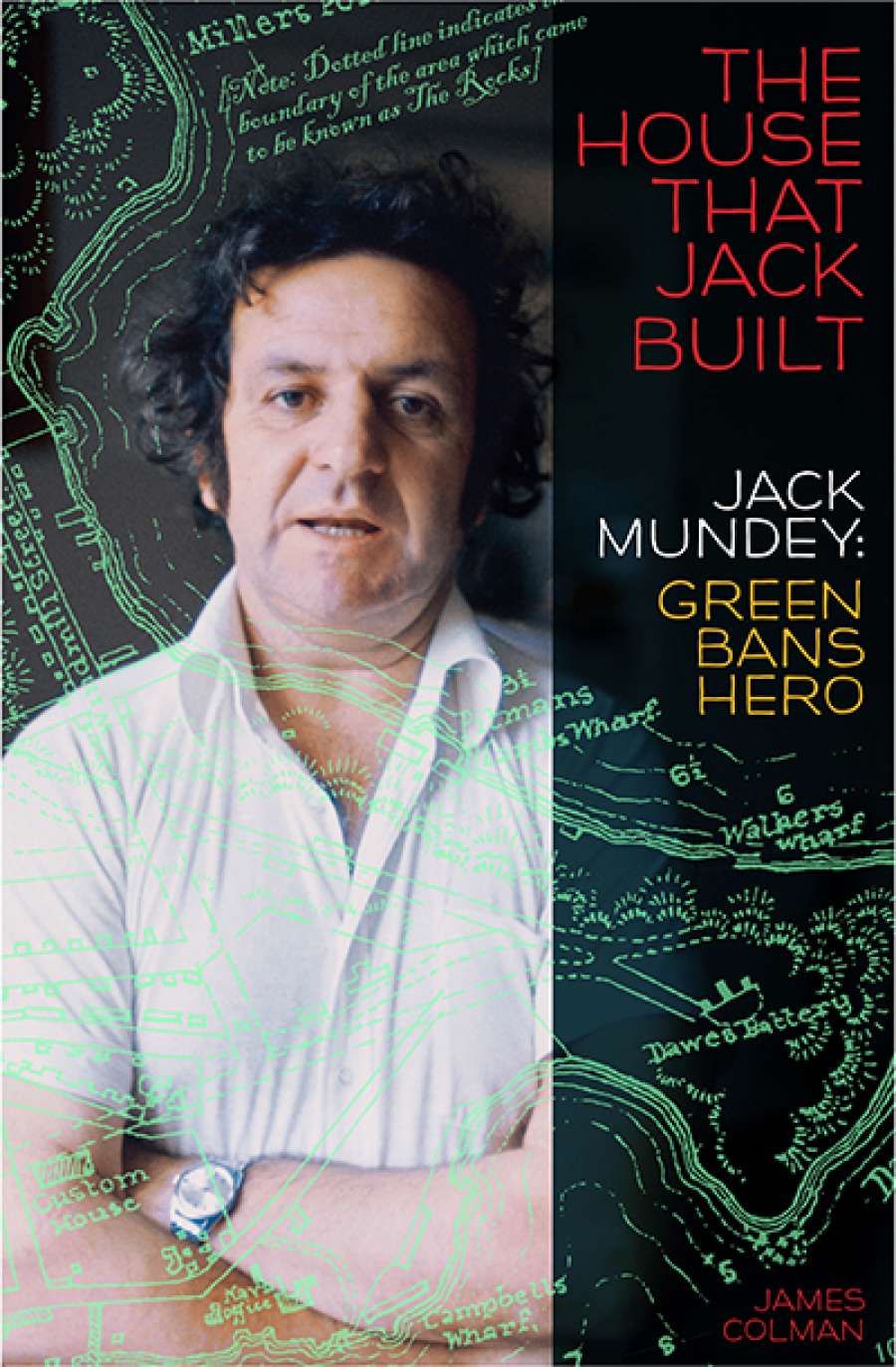
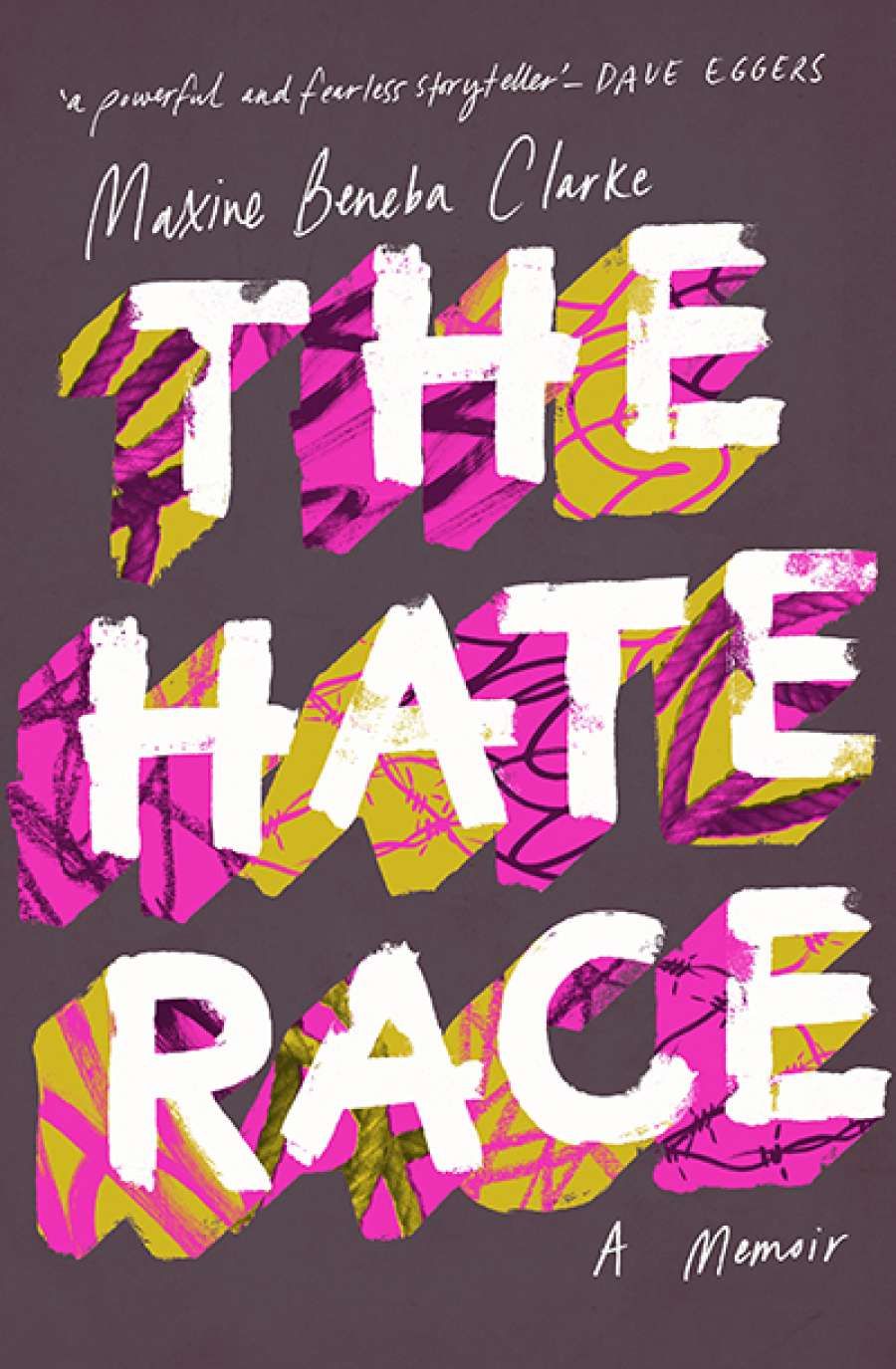
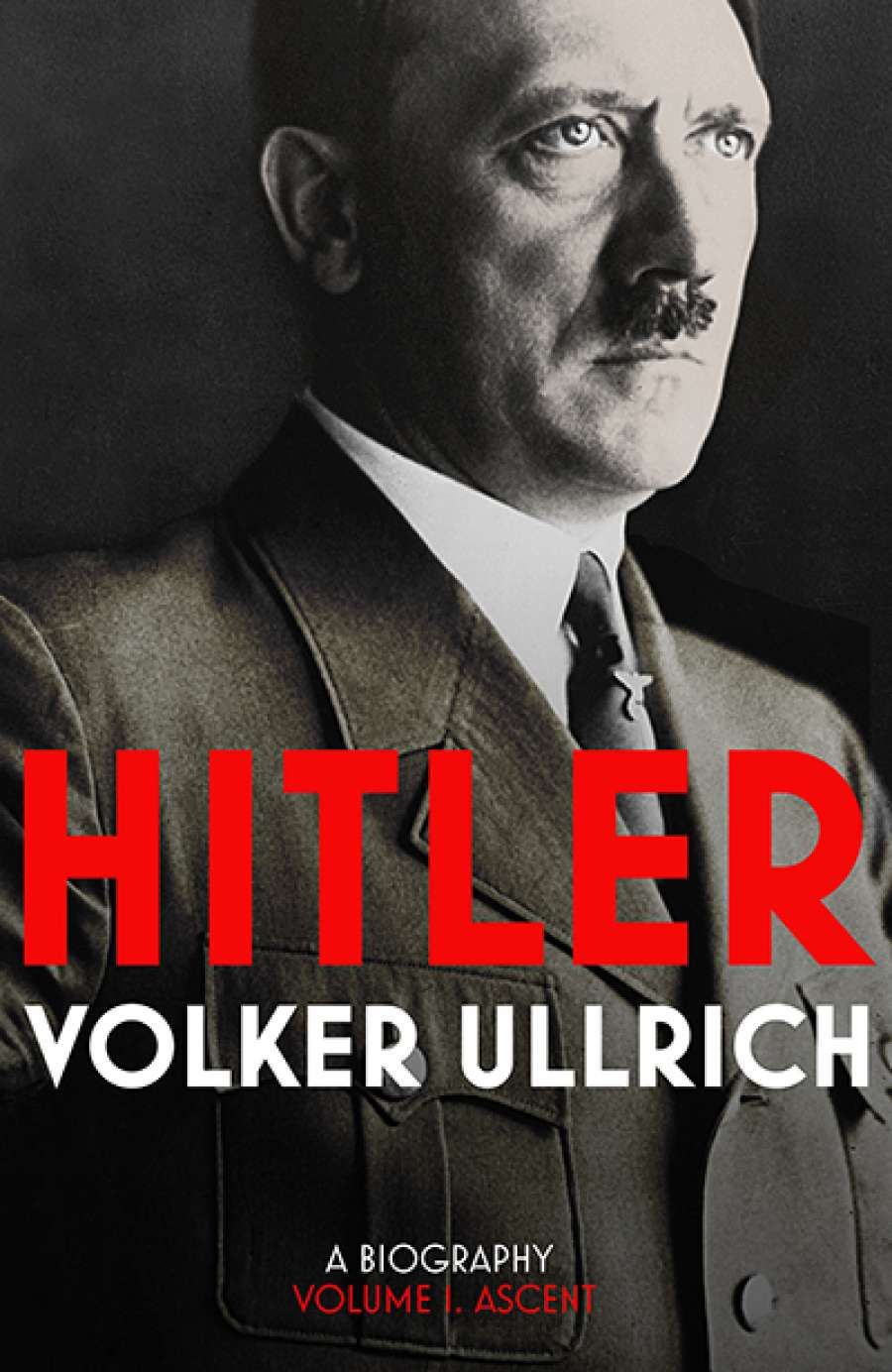
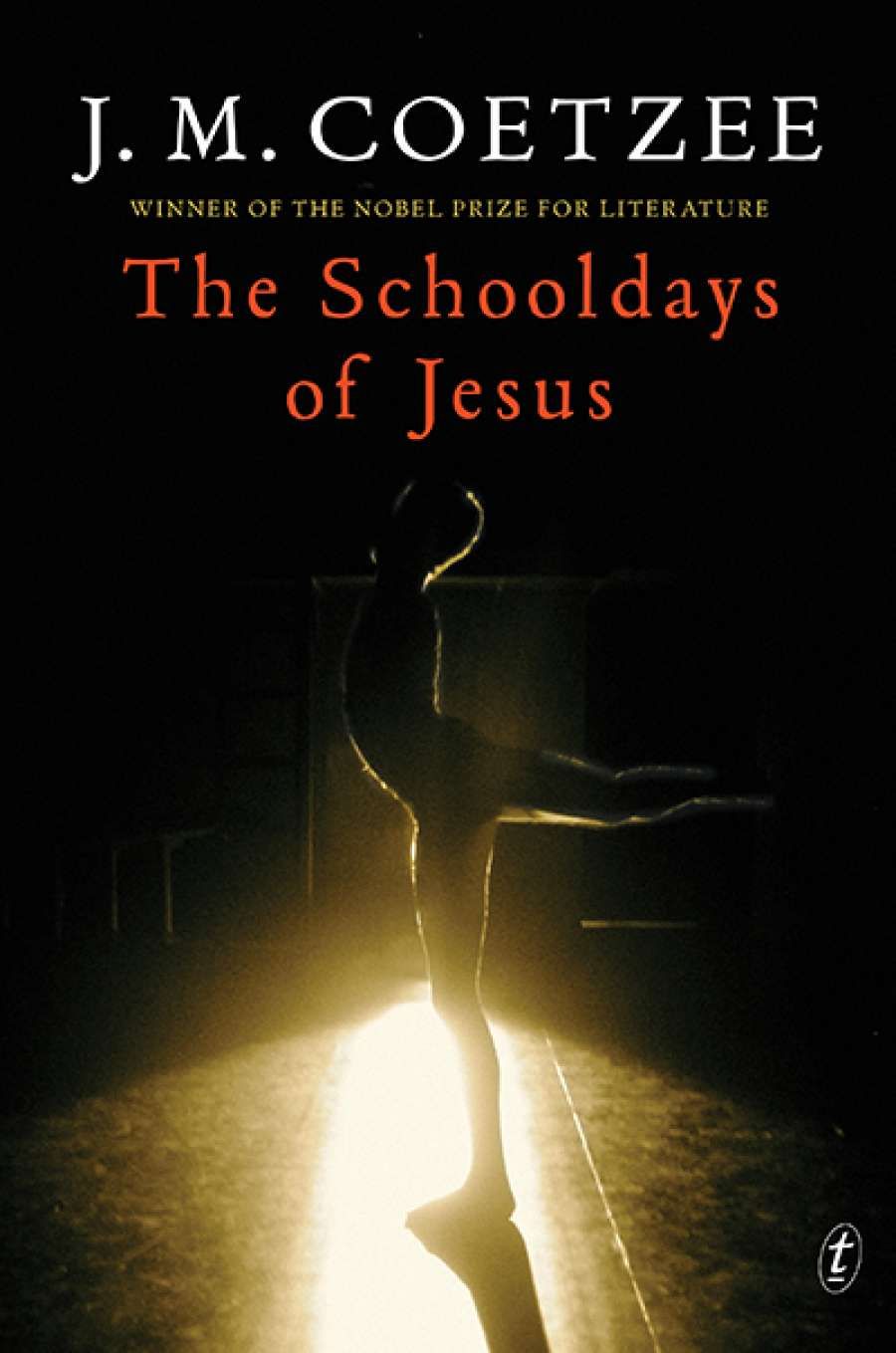
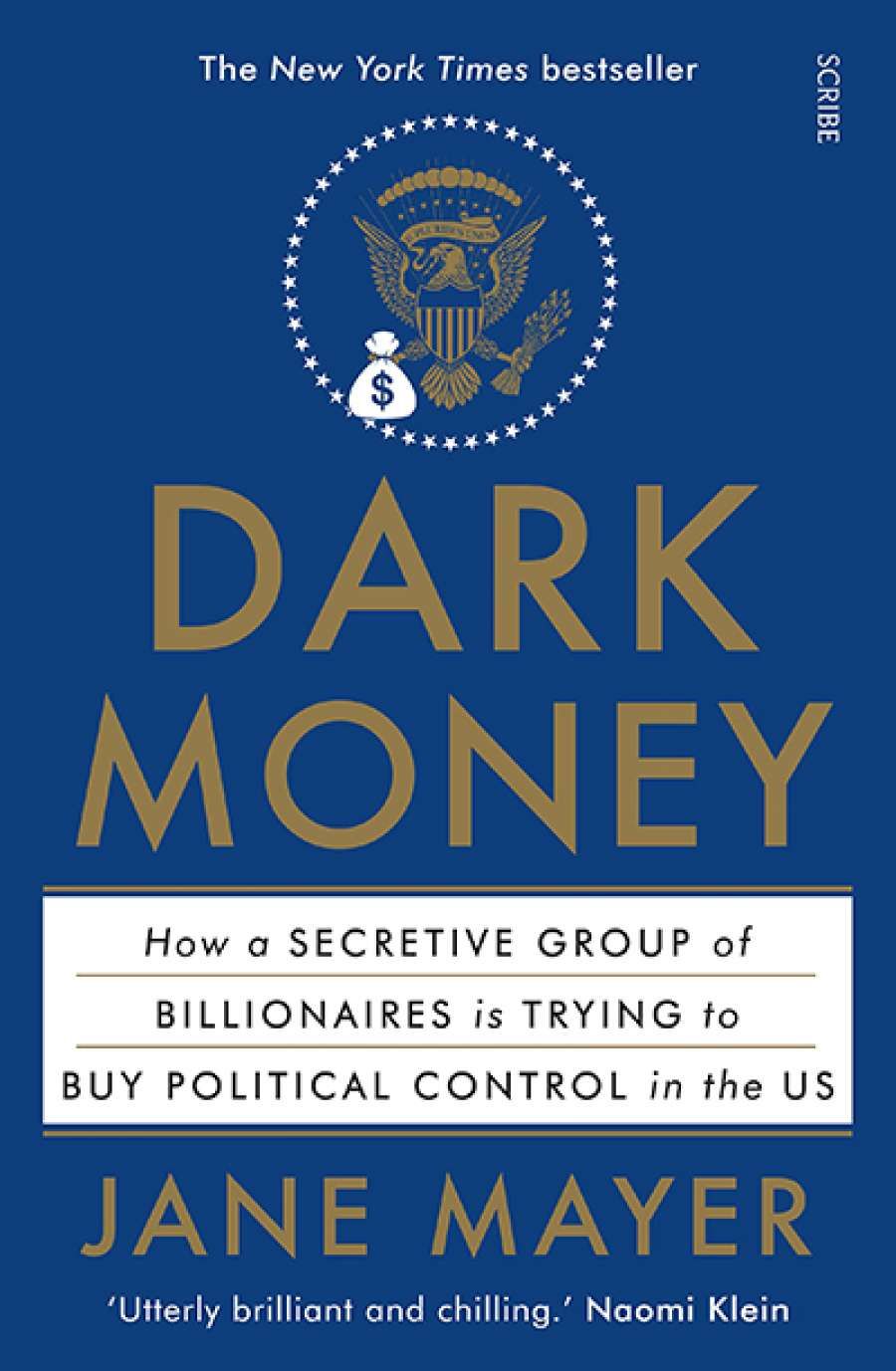
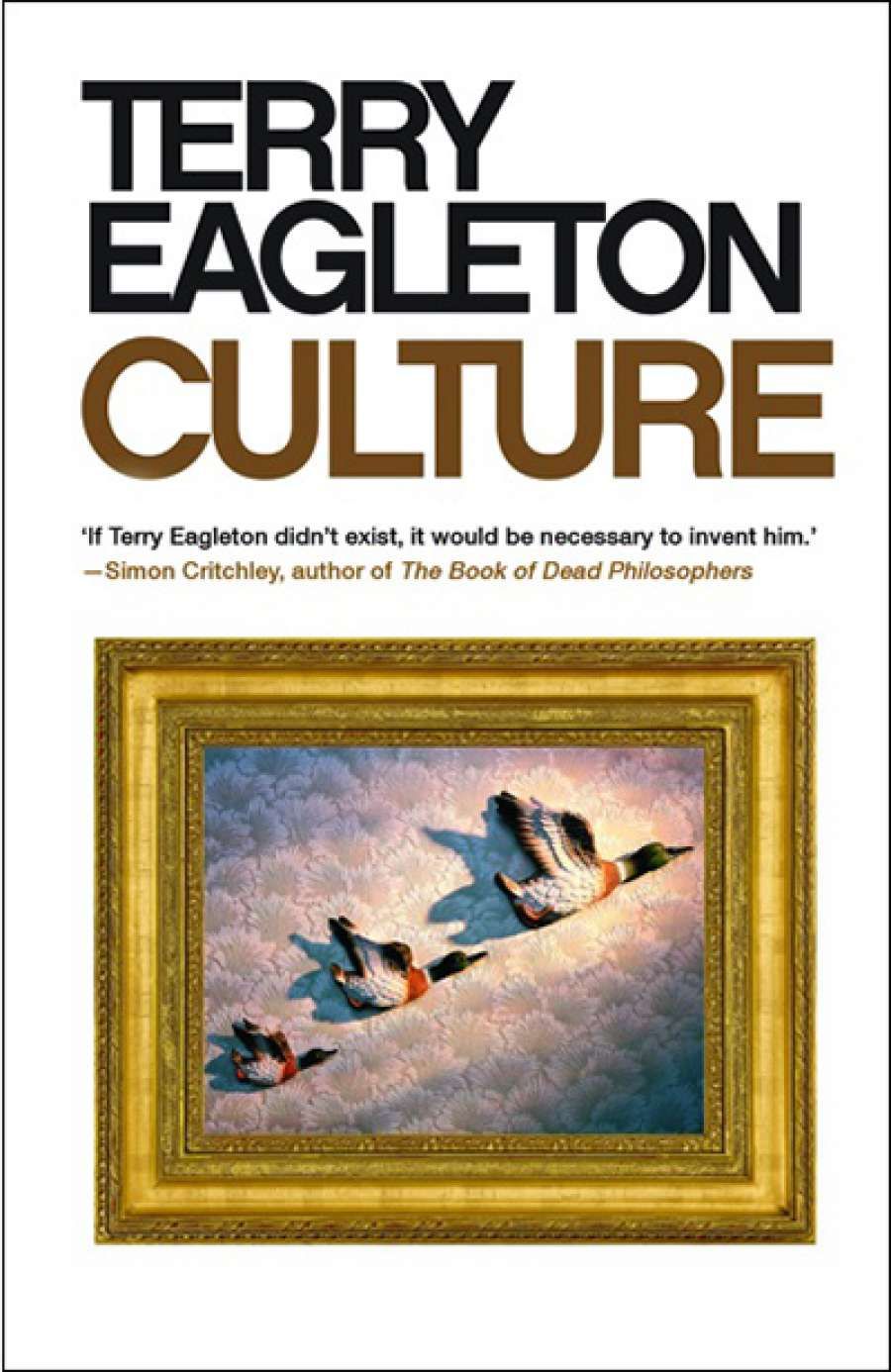
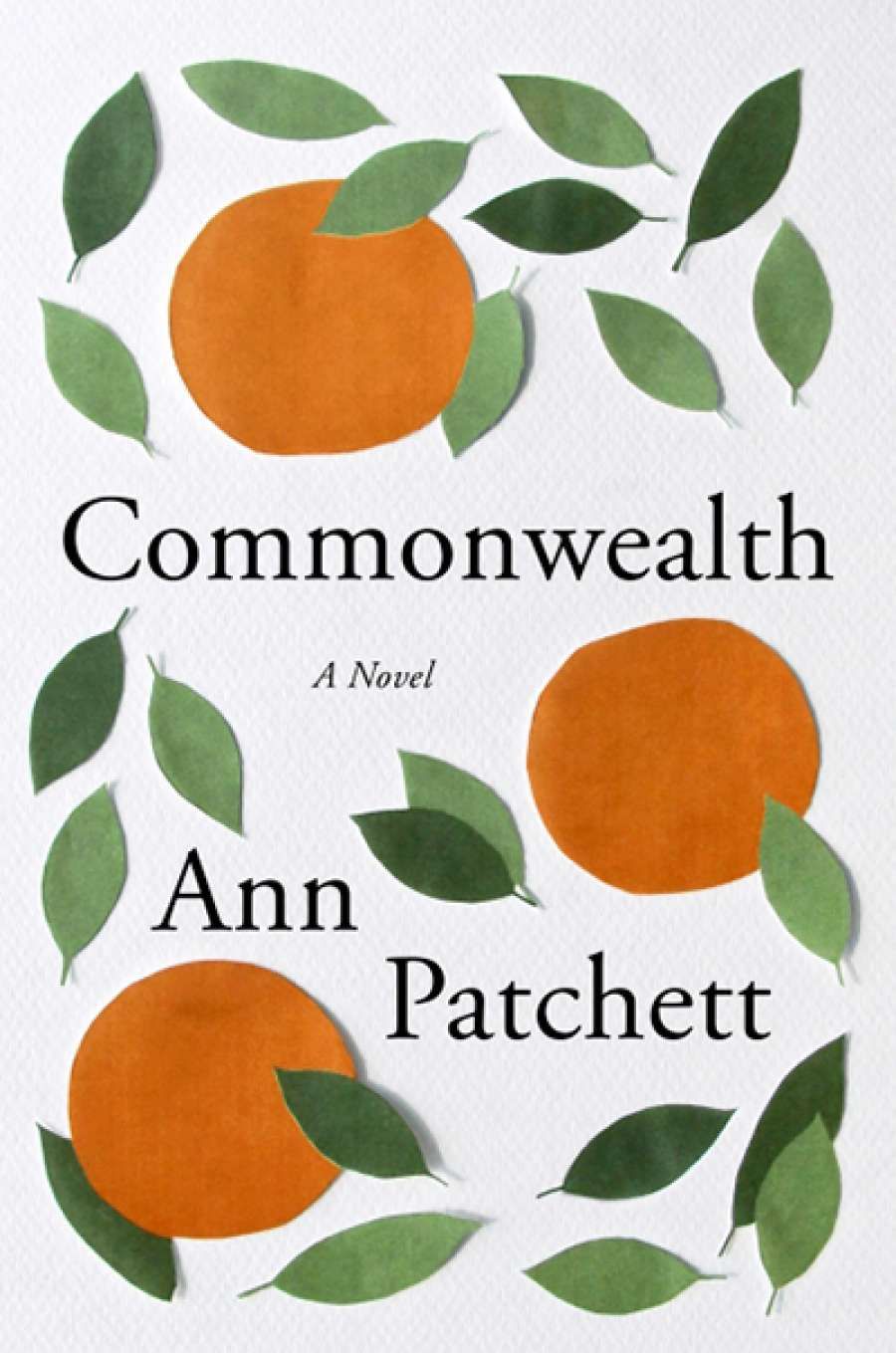
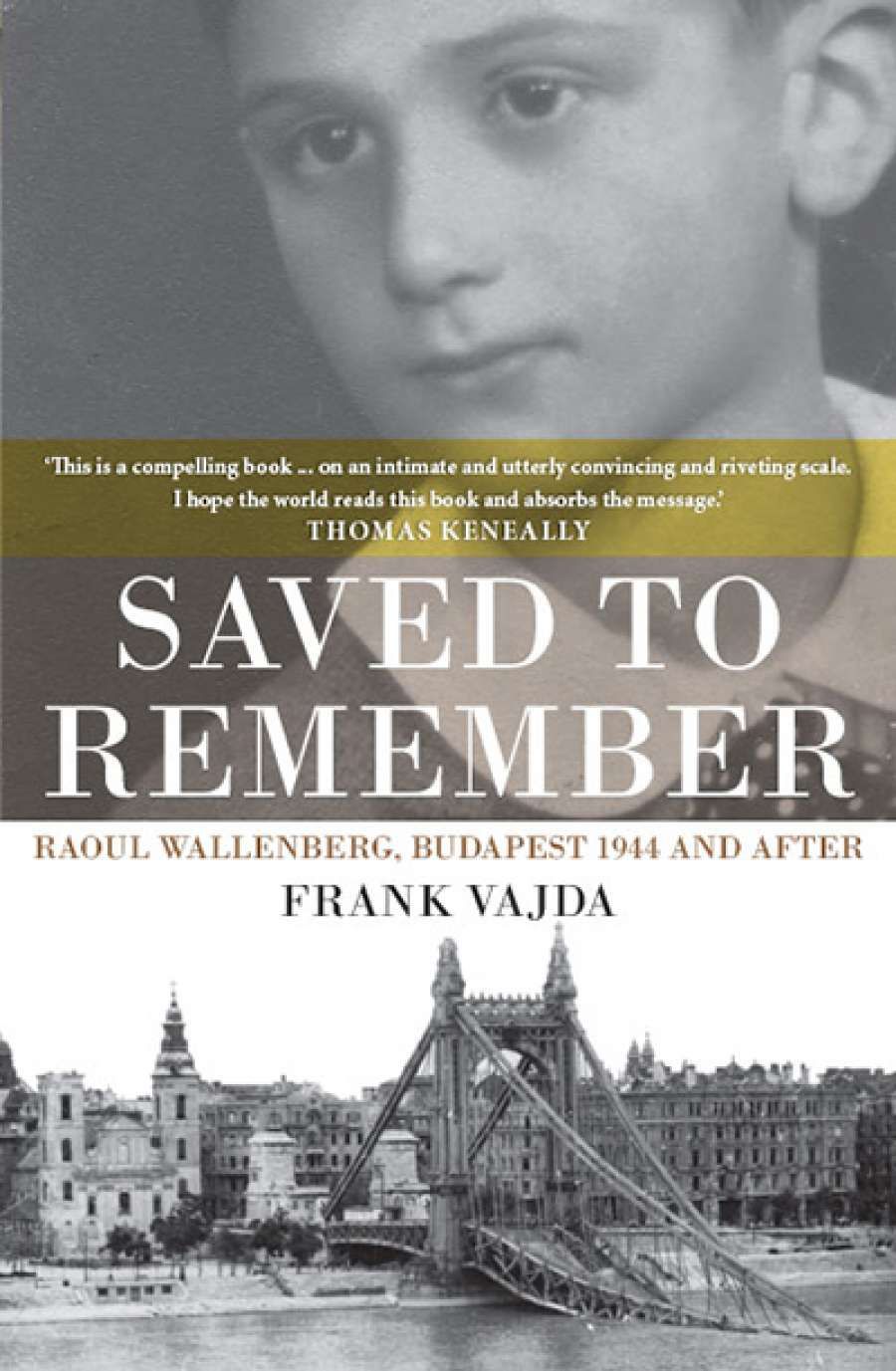
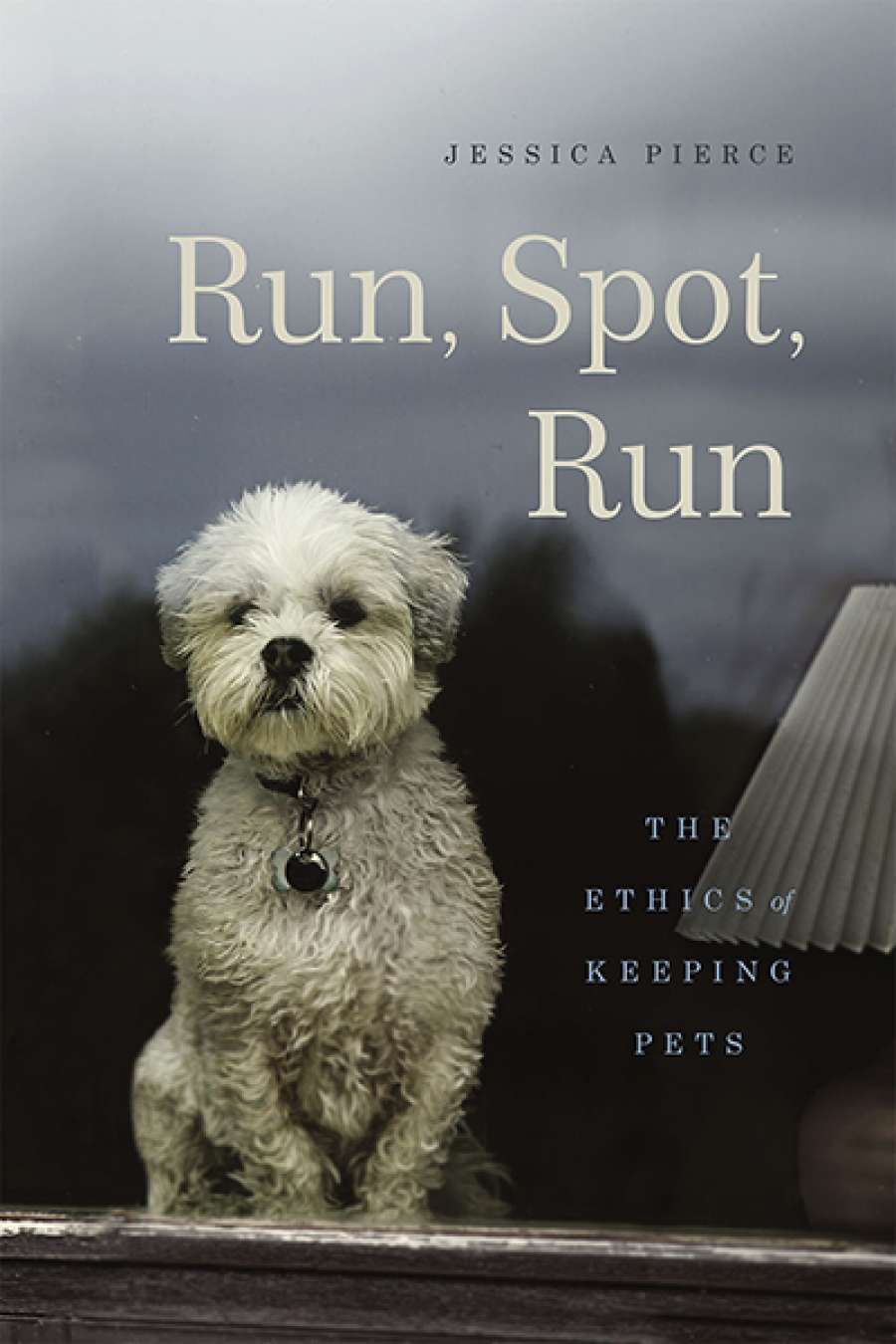
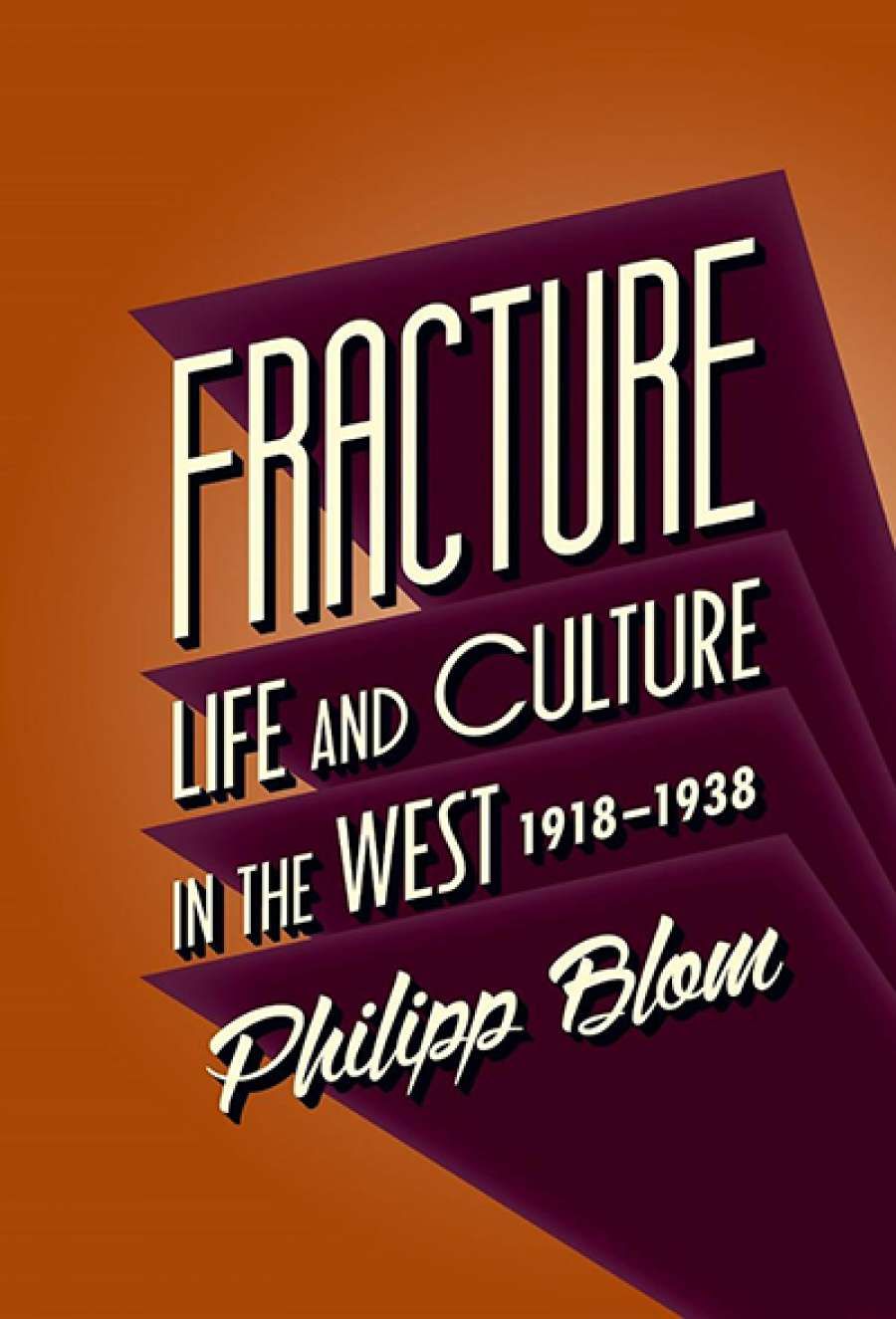
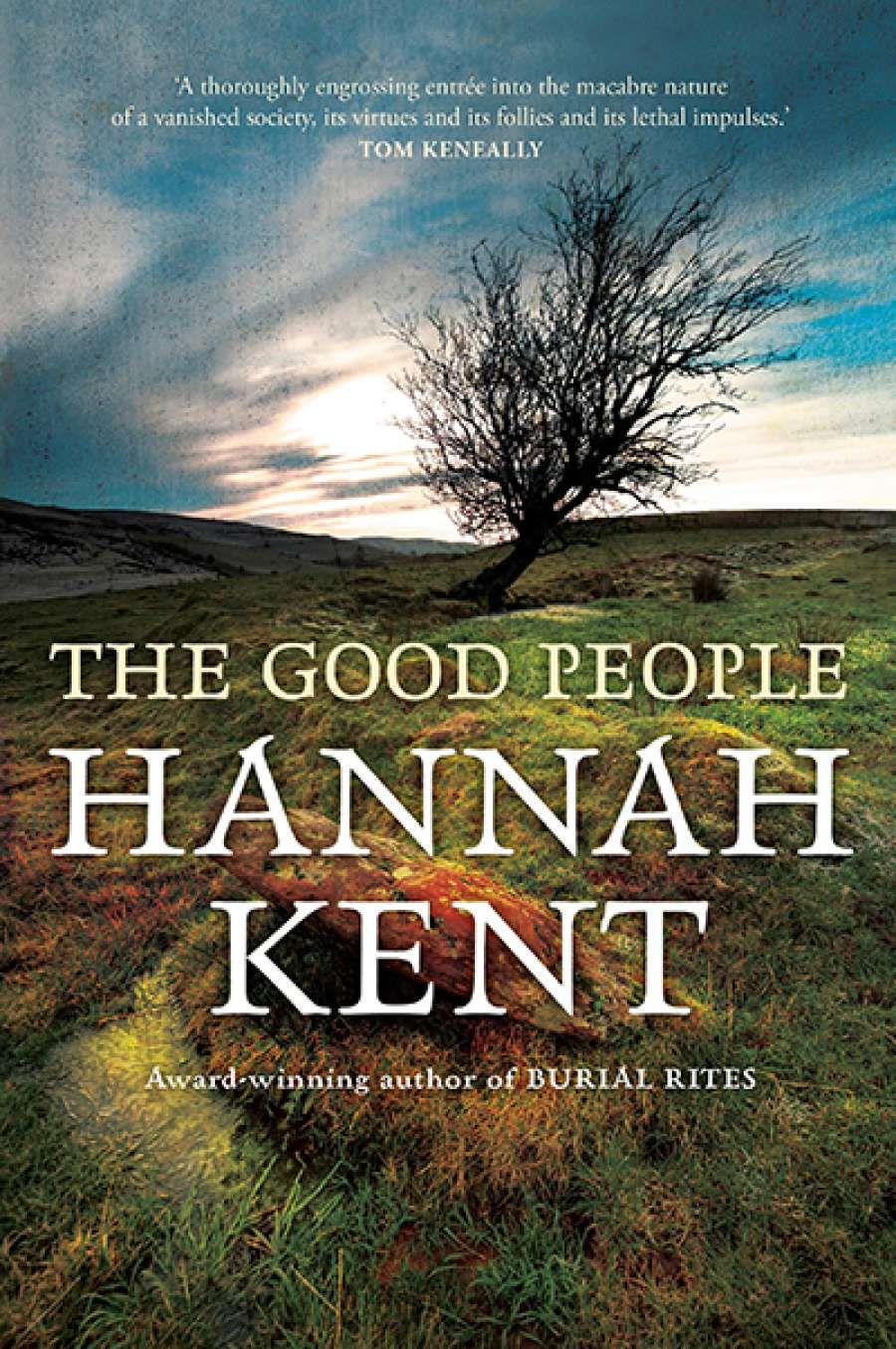
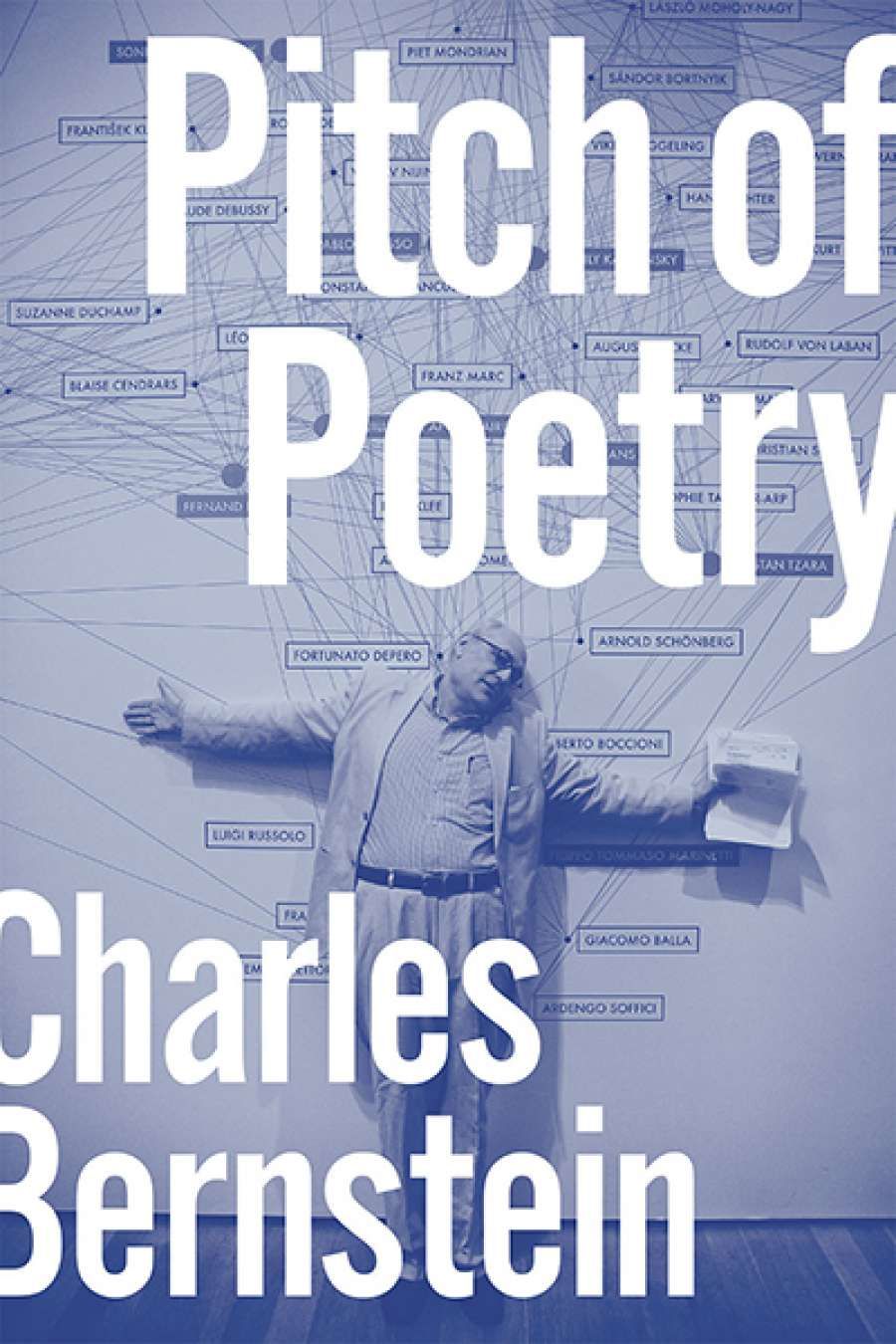
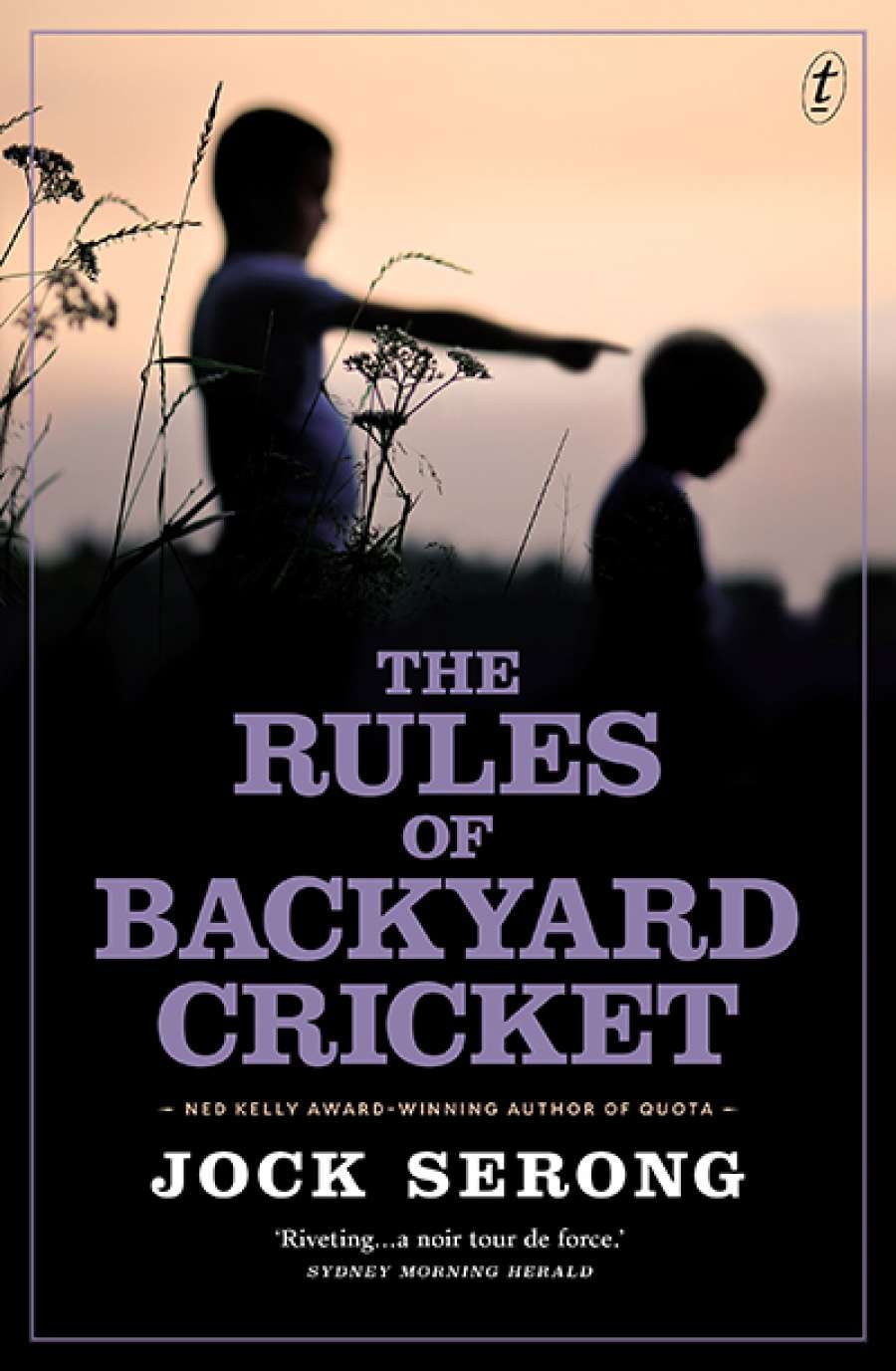
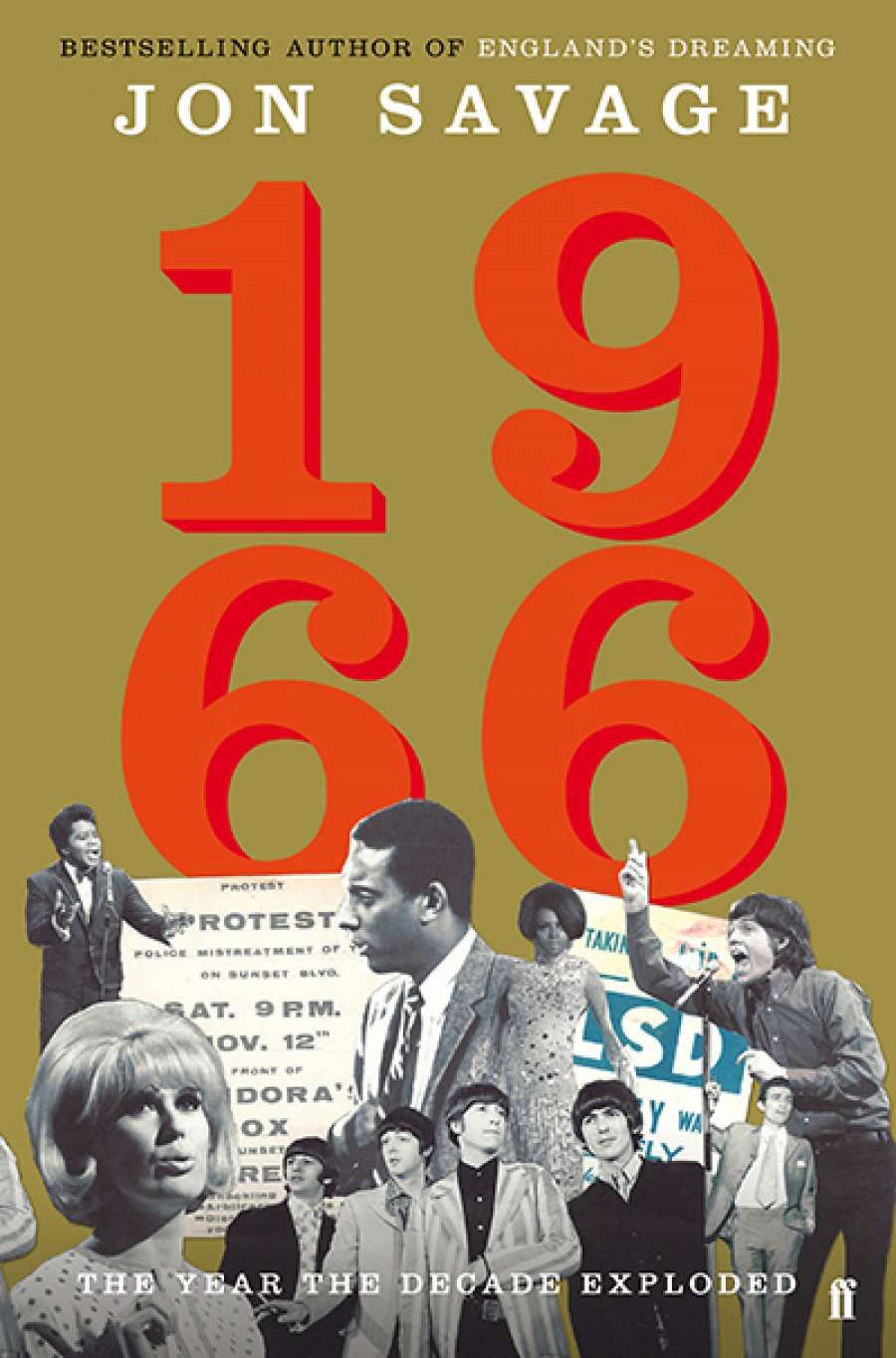
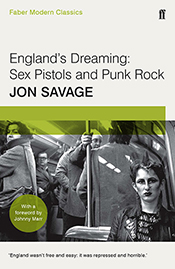
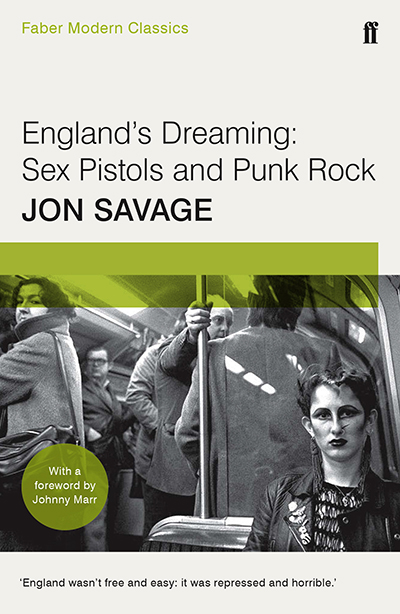
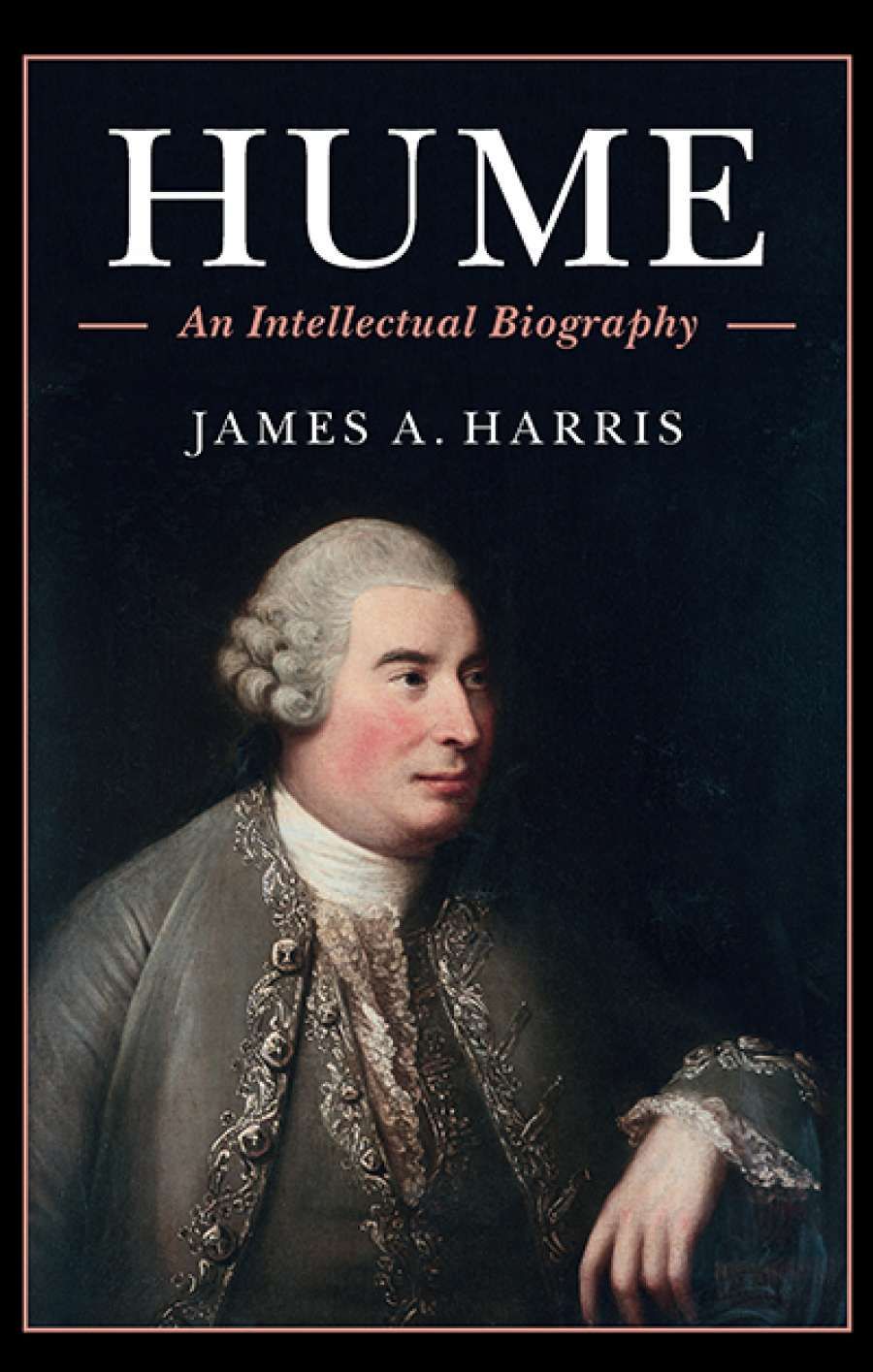
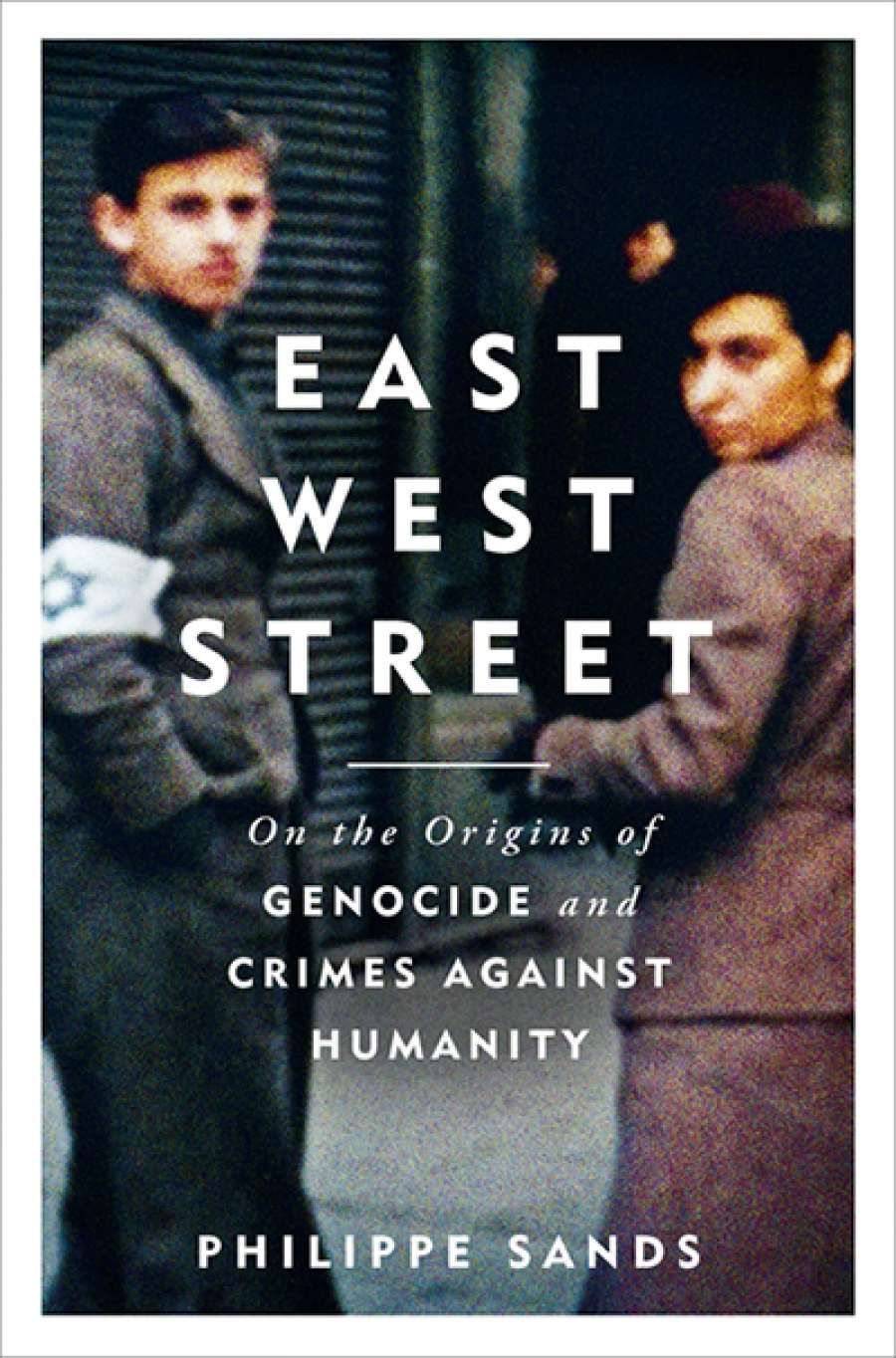
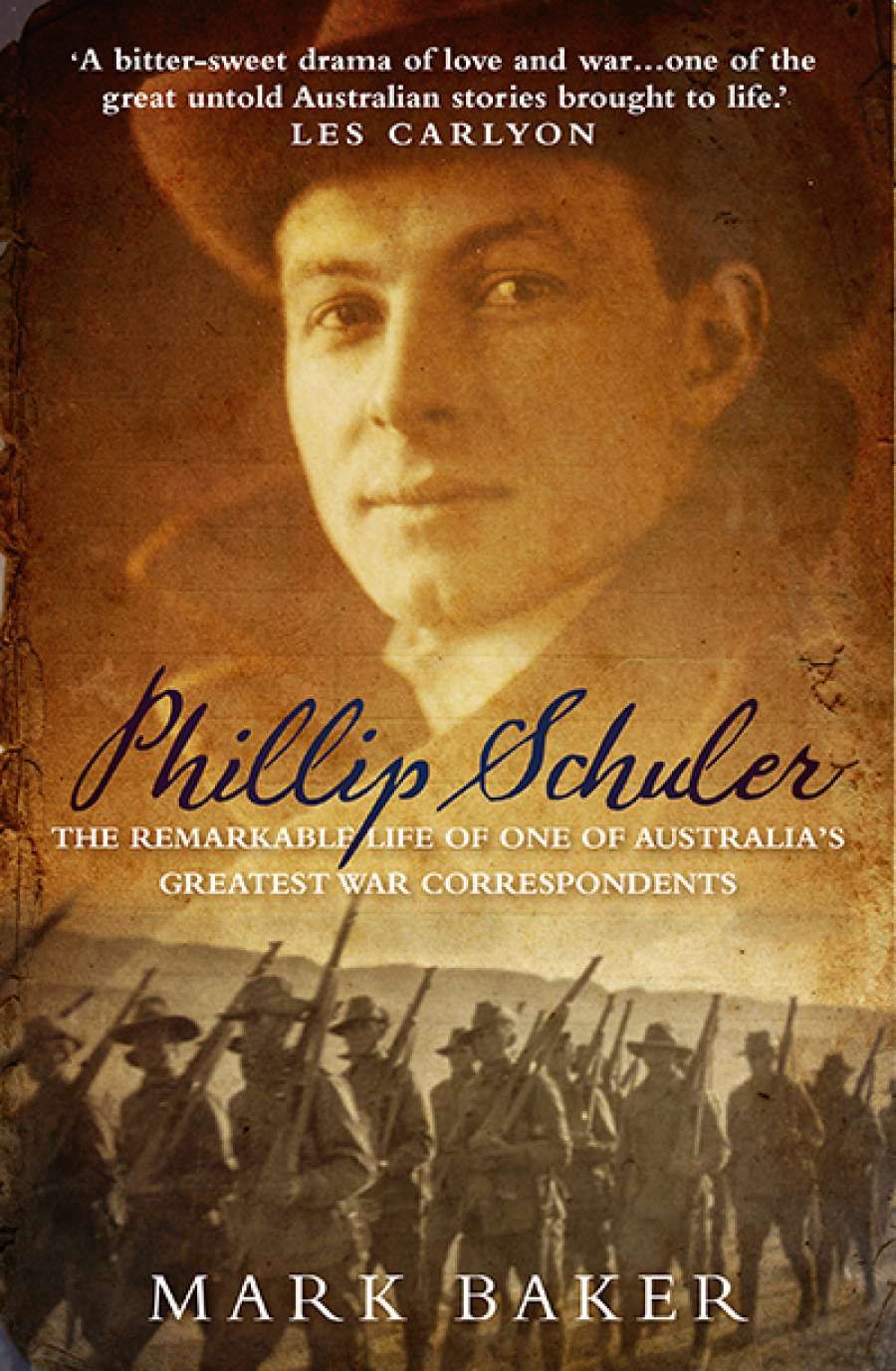
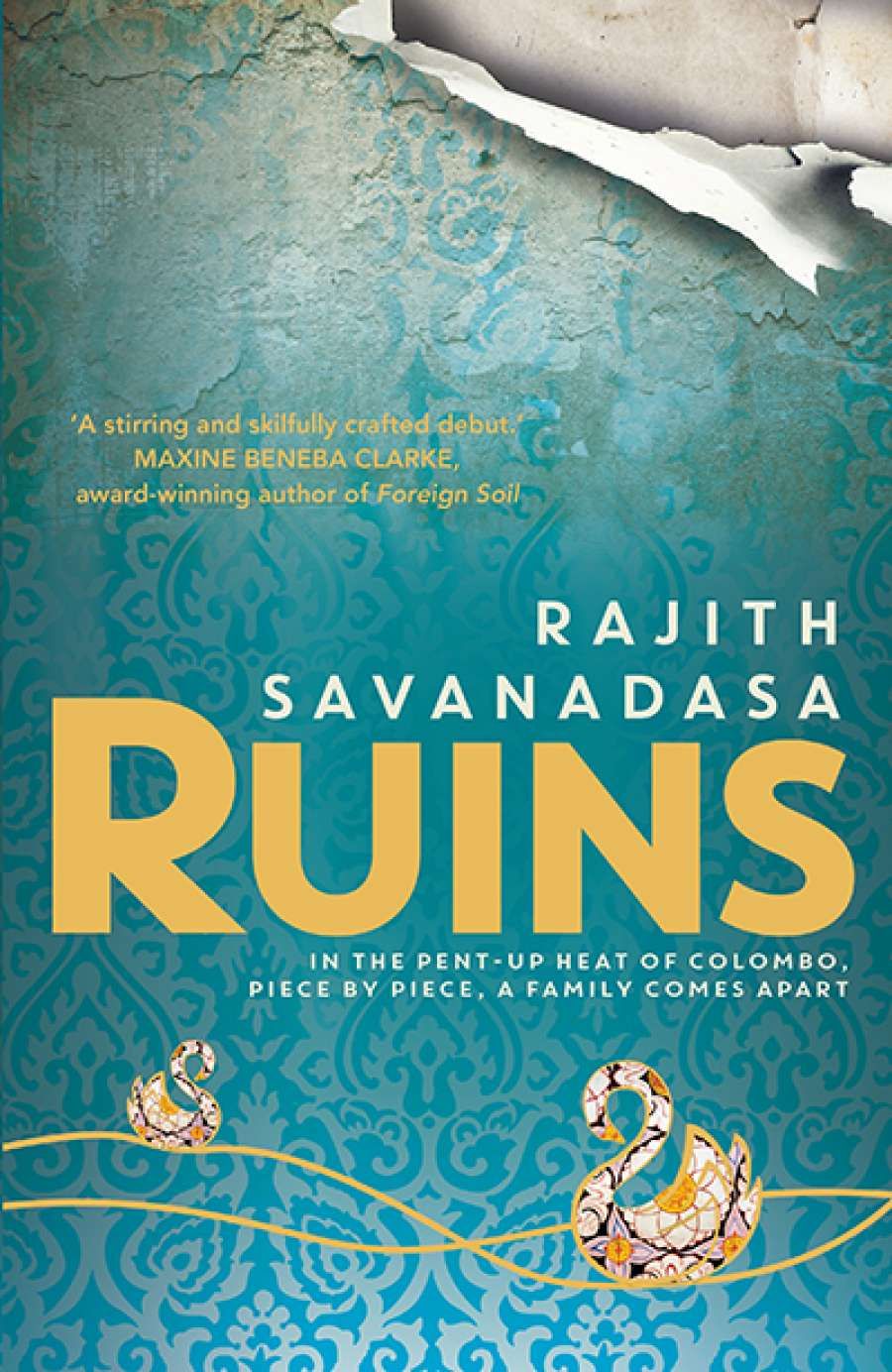
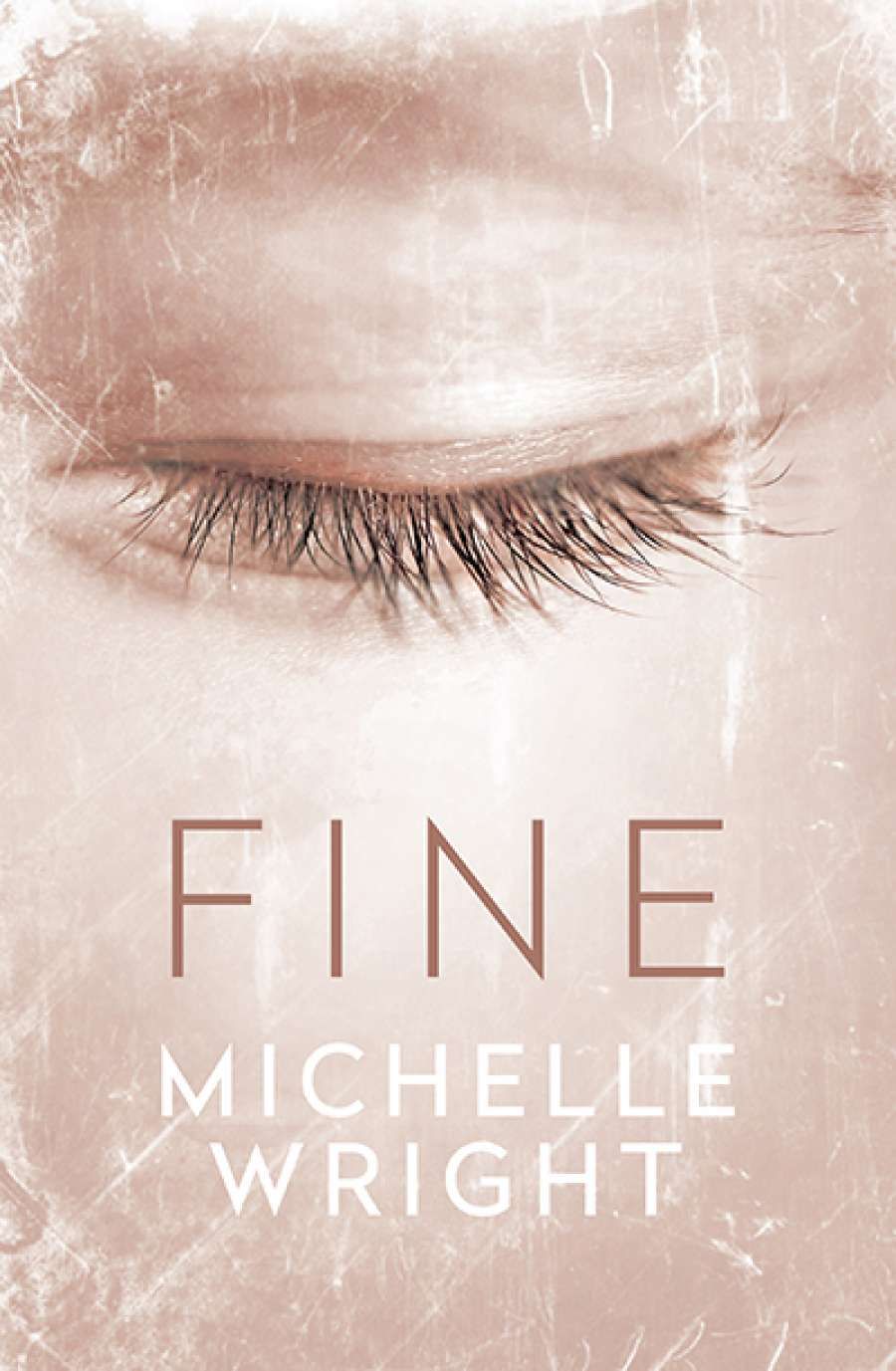
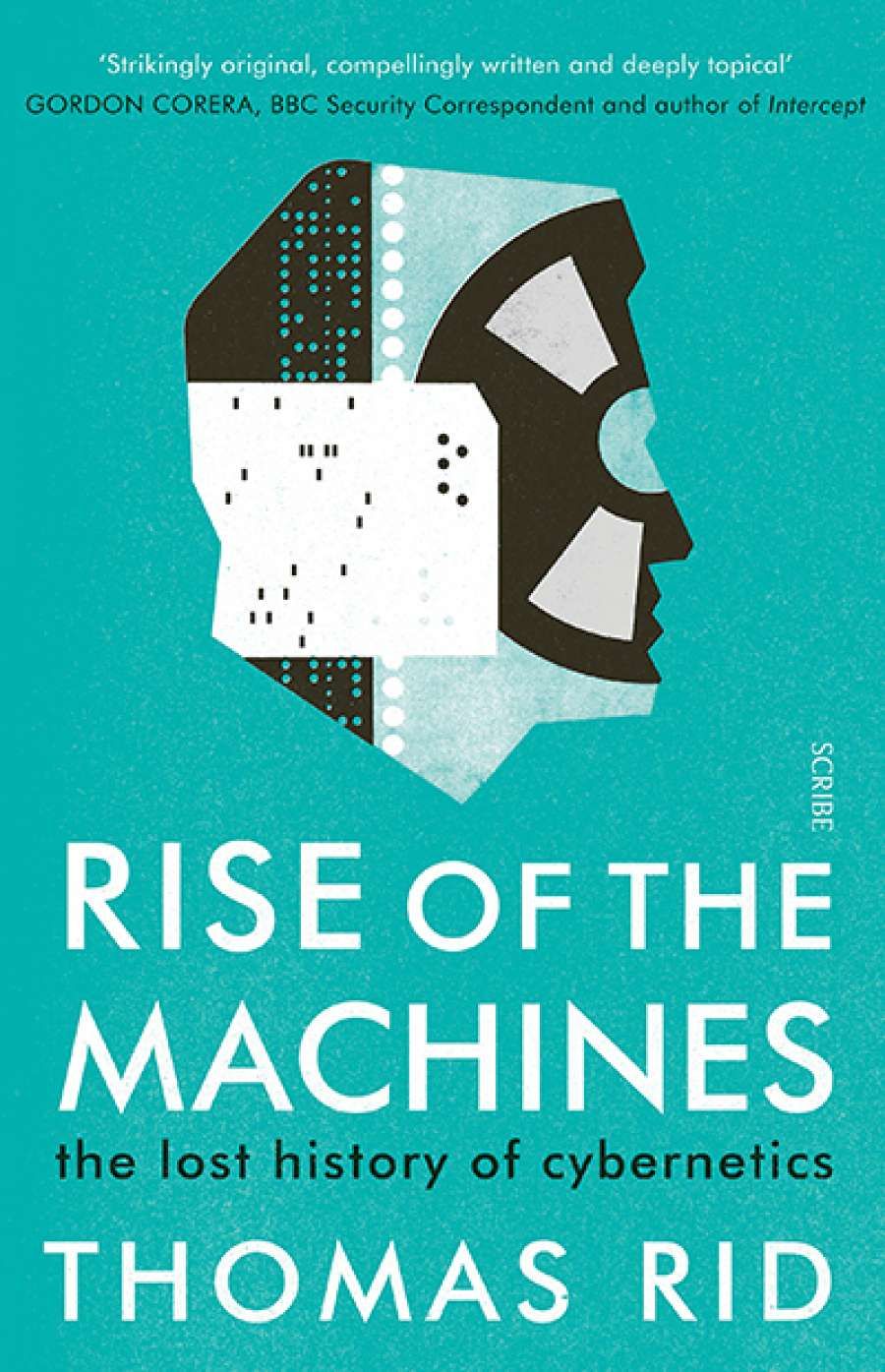
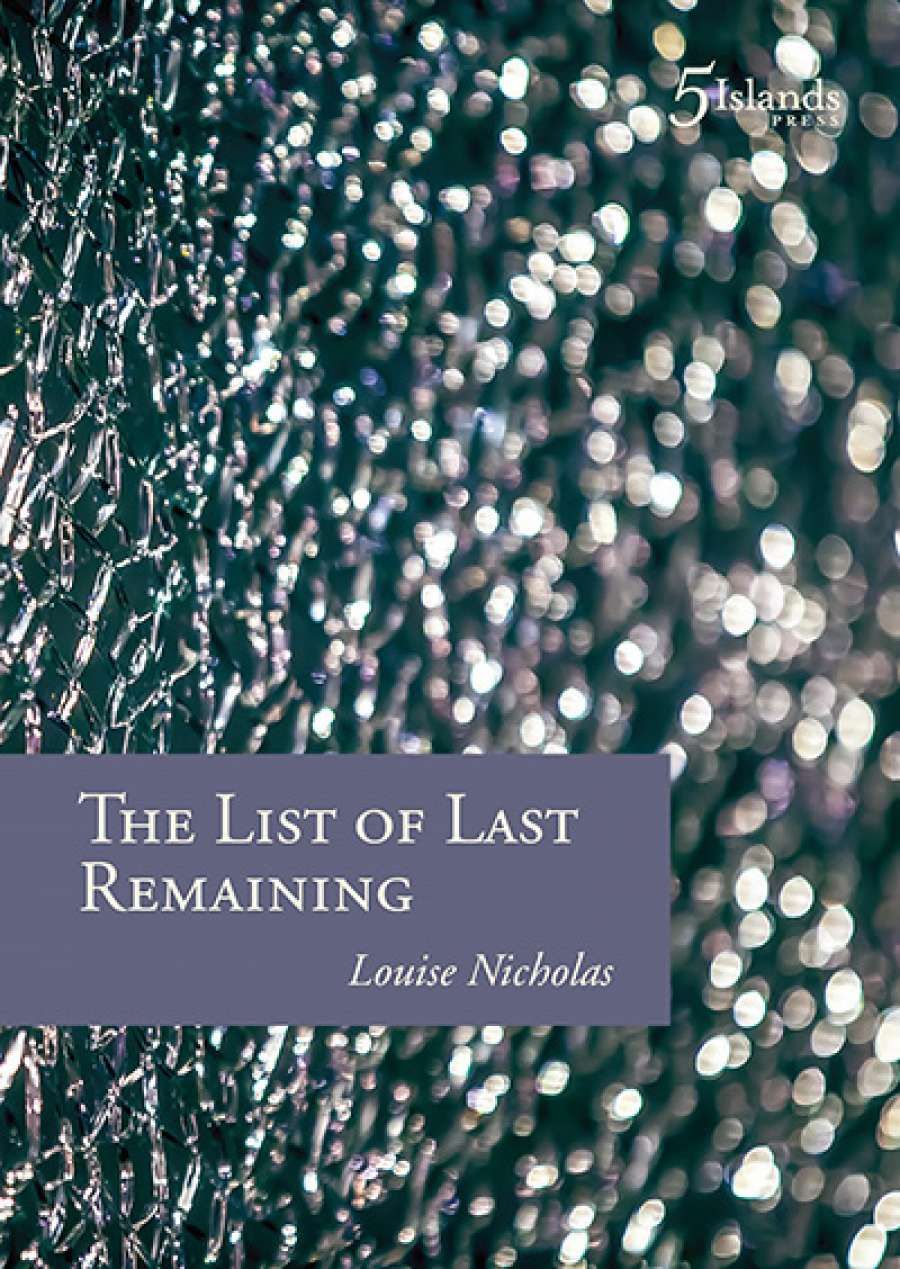
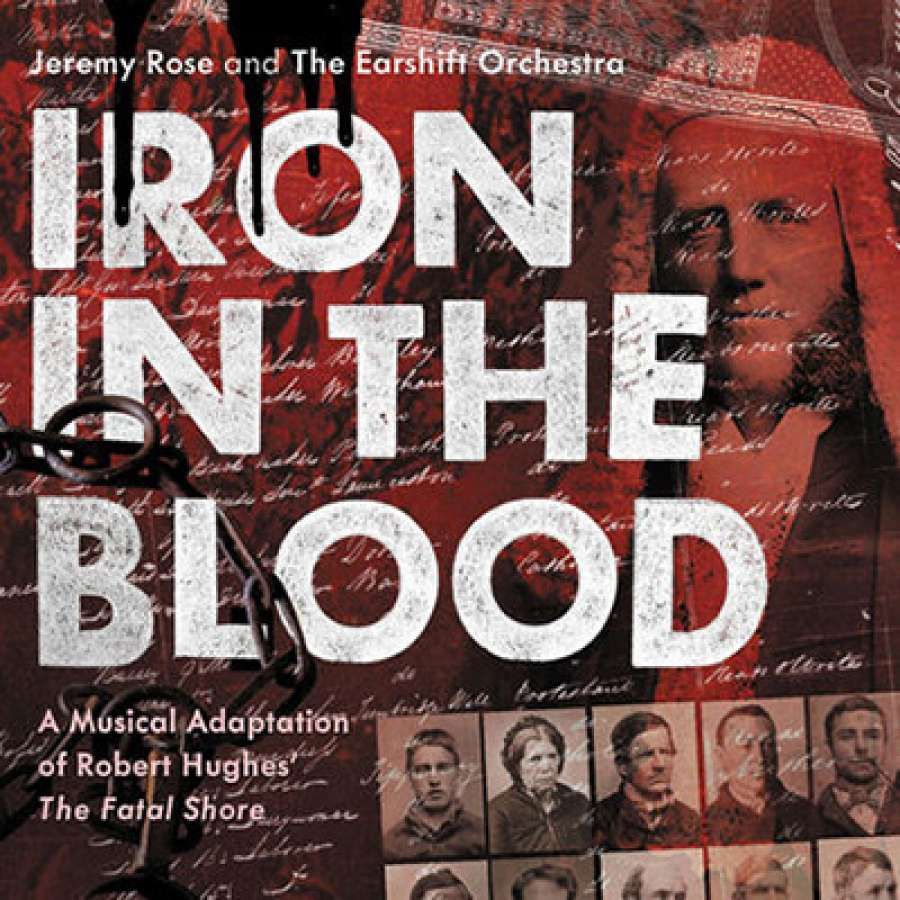
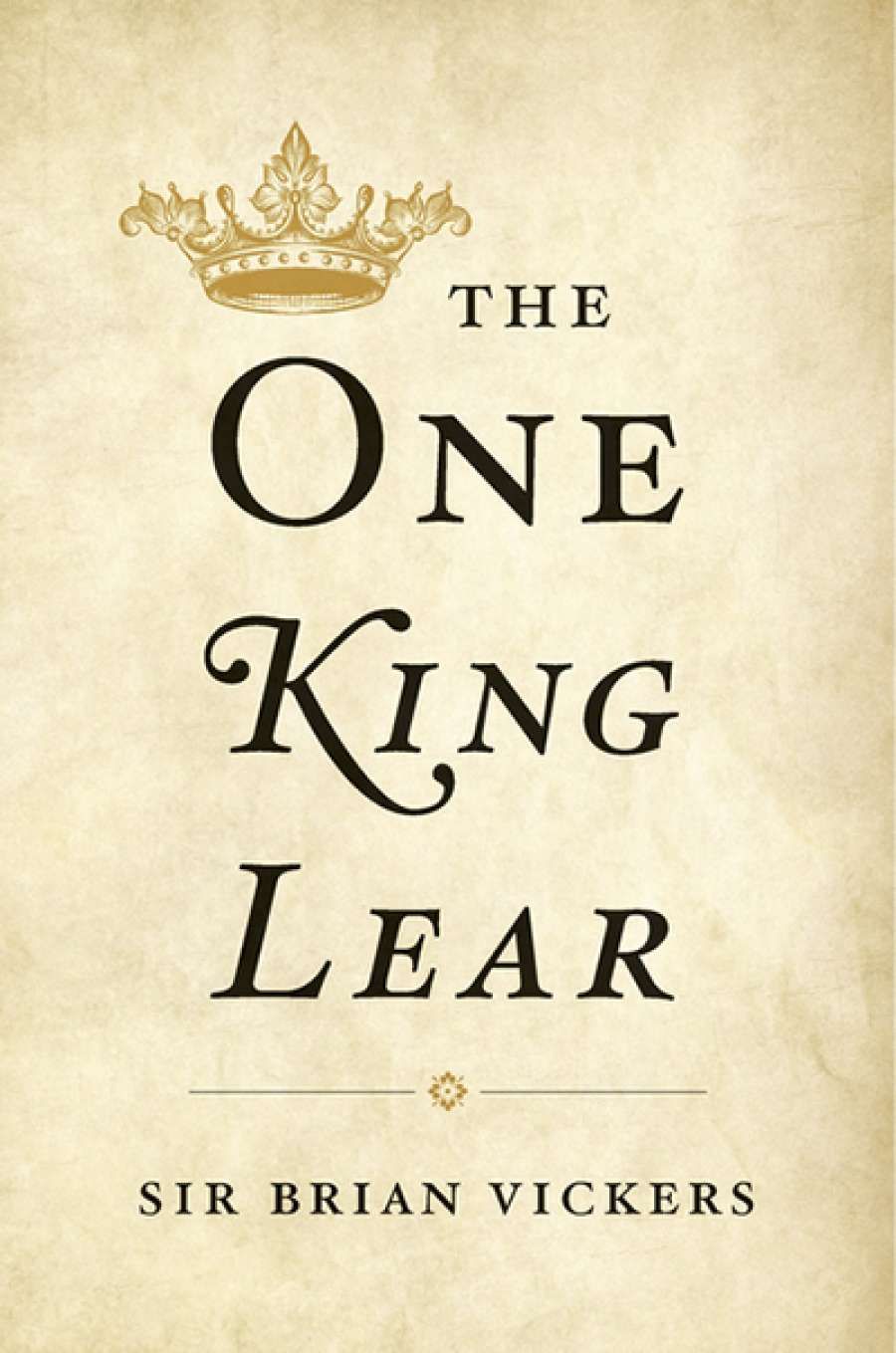
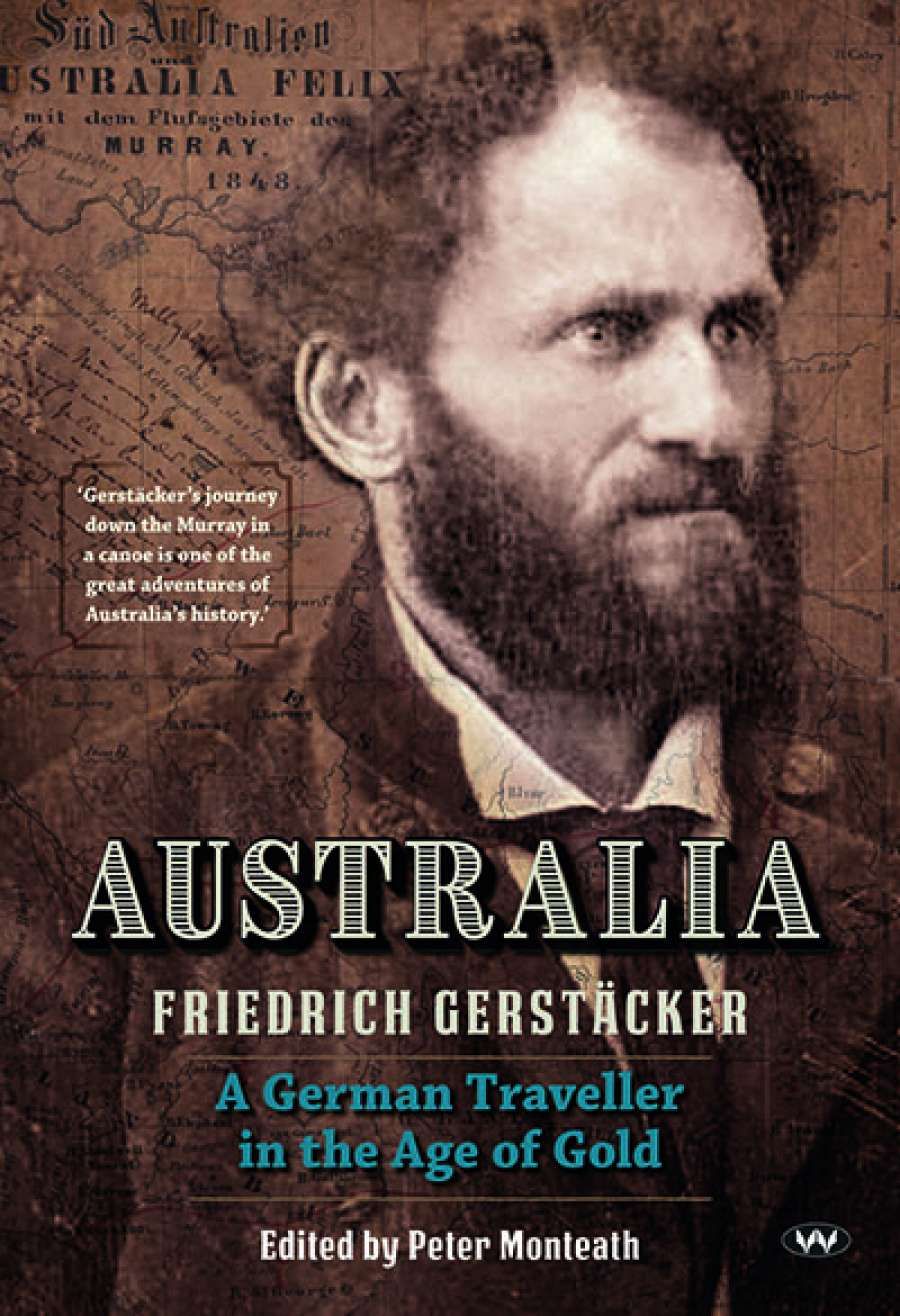
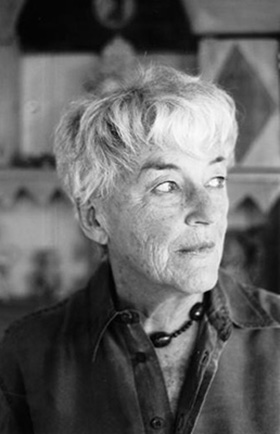
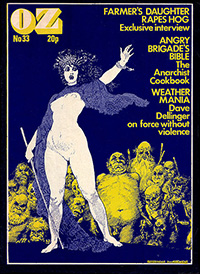
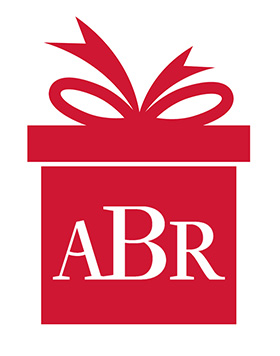 New and renewing subscribers have until 31 December to give a friend a six-month subscription to ABR (print or online). You can qualify for this special offer by renewing your current subscription even before it is due to lapse. Renew for two years and give away two free subs, etc. Why not introduce a young reader or writer to ABR?
New and renewing subscribers have until 31 December to give a friend a six-month subscription to ABR (print or online). You can qualify for this special offer by renewing your current subscription even before it is due to lapse. Renew for two years and give away two free subs, etc. Why not introduce a young reader or writer to ABR?
